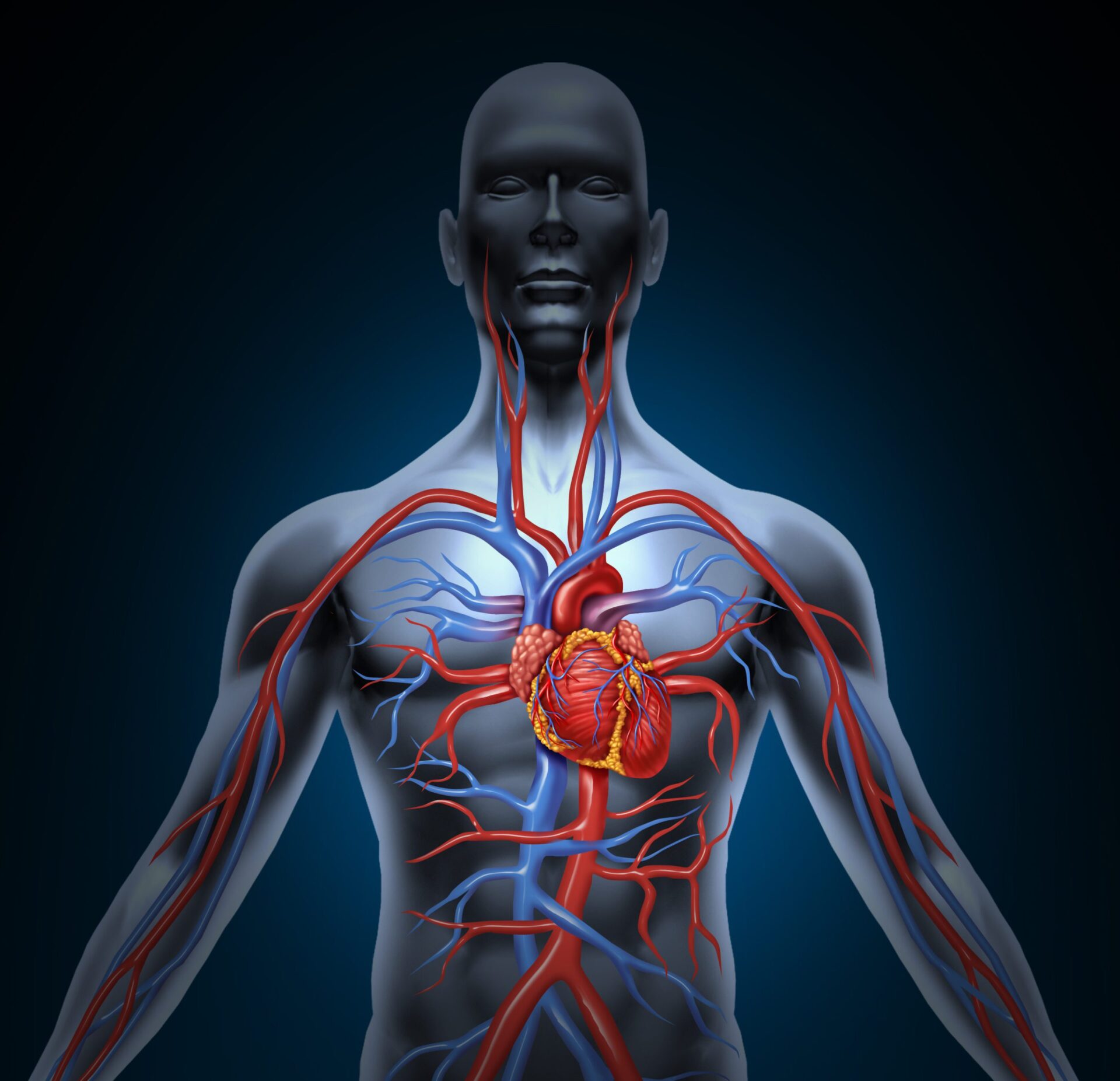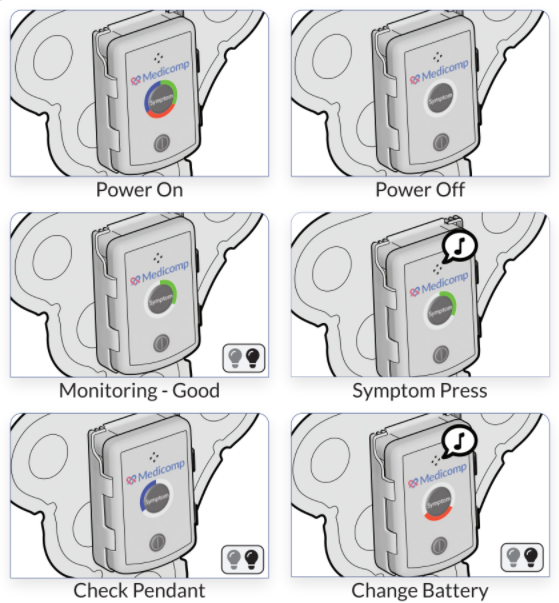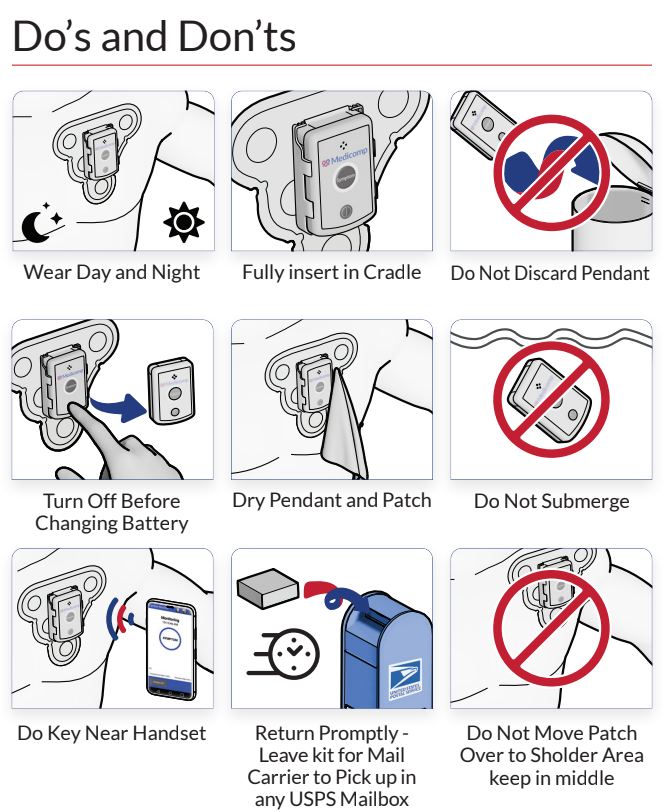Most people understand the basic principles of how the heart works: blood pumps into the heart, which squeezes the blood throughout the body. But how exactly does the heart pump? How many times will it pulse blood through the heart? Can eating certain foods actually be better than taking medicine? ReactDx, the cardiac event monitor company, wants its customers to be informed on how to remain as heart-healthy.
The average human’s heart beats between 60 and 70 beats every minute. With that knowledge, consider two individuals: one has a resting heart rate of 60 beats per minute (BPM) and the other’s heart rate is 70 BPM. Over the course of a lifetime, their cumulative heart rates would mean that the individual with a heart rate of 60 BPM could likely live more than 10 years longer than the other person with a higher heart rate! A faster resting heart rate has long been a risk factor for heart disease and heart failure, and individuals with higher heart rates are twice as likely to experience heart failure within the next 15 years then an individual in the same physical shape but with a lower heart rate. Lower heart rates are often associated with athletes, but an individual does not necessarily have to be in great shape to qualify for a longer life span — if a person’s heart is not working as quickly, he or she is more likely to live longer regardless of the amount of daily exercise.
Therefore, any individual with a lower resting heart rate can outlive someone else with a higher resting heart rate. Why? When the heart beats more rapidly, even at rest, the elastic connective fibers inside the heart wear out more rapidly. When these fibers snap, they cannot recover, and the heart has to work much harder to pump blood to the body. When enough fibers break, the heart stops beating. It simply wears out.
Lowering your heart rate is not difficult if you commit to a lifestyle that includes less stress, a moderate exercise program, and healthy foods low in sodium. Several studies have noted that consuming green tea, beans, and vegetables may lower the development of endothelial dysfunction. Endothelial dysfunction leads to peripheral arterial disease, stroke, and heart disease. What do you notice missing from this diet? Animal products. A vegetarian diet seems to positively impact the heart. And the longer an individual maintains a vegetarian diet, the healthier that person’s endothelial function is.
Before you decide on surgery, ask your cardiologist for a ReactDx cardiac event monitor to determine your heart health. Follow a diet where plants and whole foods are the staple, and reduce the amount of stress in your life with exercise and more relaxation. You may be pleasantly surprised at how much better you feel, and how your heart rate has decreased. Read more about heart health on ReactDx’s blog page, and contact us at 800-23-HEART or online.




